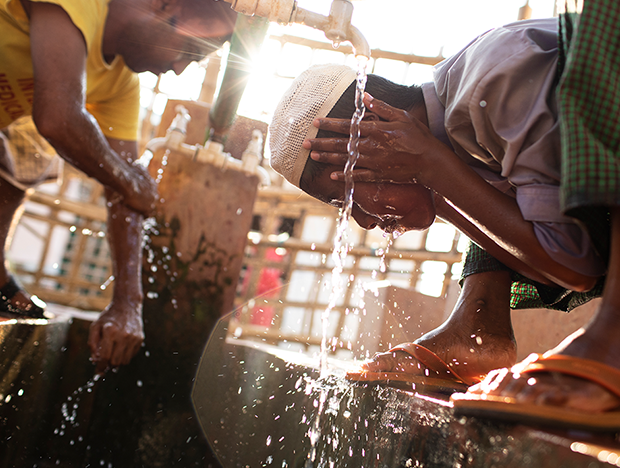What it means to go without water
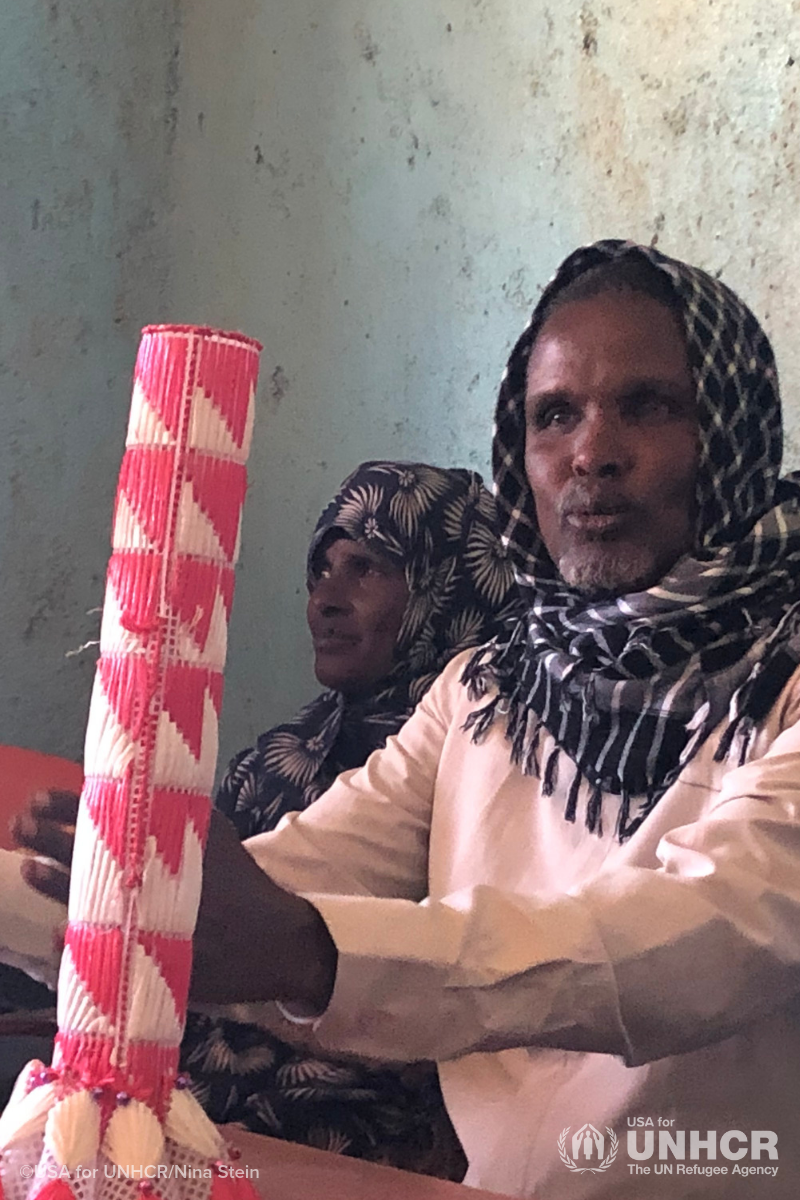 Earlier this year, USA for UNHCR Communications Associate, Nina Stein, traveled to Ethiopia to learn more about UNHCR’s lifesaving work in Jijiga.
Earlier this year, USA for UNHCR Communications Associate, Nina Stein, traveled to Ethiopia to learn more about UNHCR’s lifesaving work in Jijiga.
Every morning starts the same way for me. I wake up, use the bathroom, wash my hands, shower and brush my teeth. When I get into work I fill up my water bottle and sit down at my desk. At the end of the day I get home and fill my dog’s bowl with water—she has big, flubbery lips and half the water she tries to drink ends up on the floor as she splashes it around. I begin cooking dinner, and because I am not much of a chef, that usually means pasta is boiling on the stove.
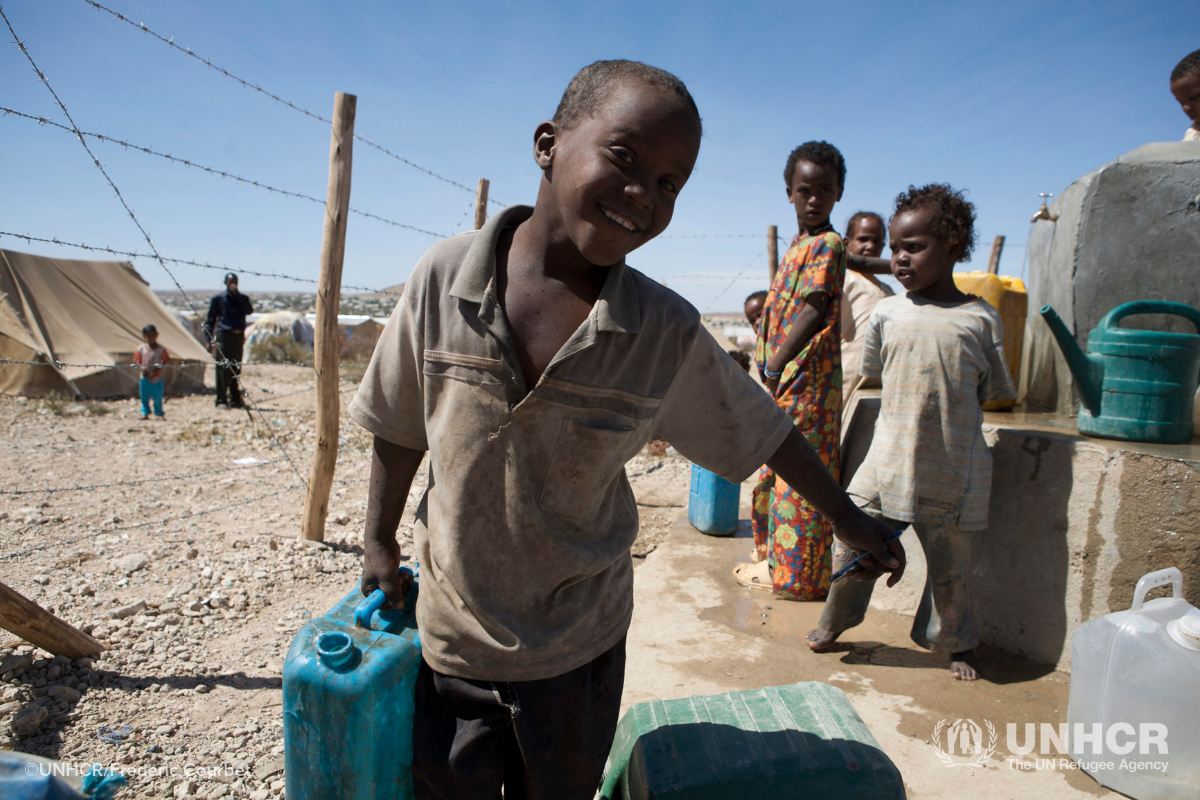
Before I traveled to Ethiopia, I rarely thought about how much water I use on a daily basis; but as soon as I landed in Addis Ababa, I became much more aware of this precious resource. Because the tap water is not safe to consume, I bought many bottles of water, which I used to brush my teeth and stay hydrated throughout the day.
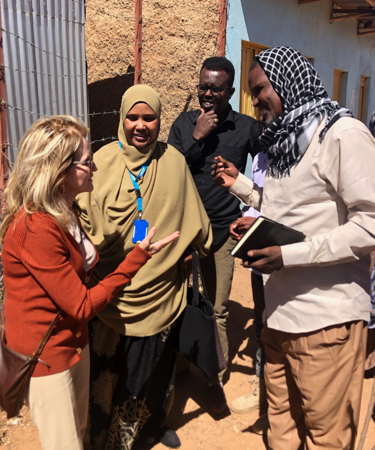 But I soon discovered that this water usage was a privilege. At the beginning of the trip, UNHCR Representative Clementine Nkweta-Salami mentioned access to water as one of the greatest issues facing refugees in Ethiopia—and this was the first of many times this issue would be raised over the course of the trip.
But I soon discovered that this water usage was a privilege. At the beginning of the trip, UNHCR Representative Clementine Nkweta-Salami mentioned access to water as one of the greatest issues facing refugees in Ethiopia—and this was the first of many times this issue would be raised over the course of the trip.
After our initial briefings on the refugee situation in Ethiopia, I traveled to Kebribeyah refugee camp where I met with the local Refugee Central Committee. The committee shared the problems that their fellow refugees approach them with every day. They told us,
“The first, second, and third biggest problem is water!”
Illustrating the committee’s point, we quickly learned about the ripple effect created by lack of access to water. The closest water source to Kebribeyah refugee camp is 14 miles away. It takes a full day to go, gather the water and return home. Walking alone for hours on end, the women and girls who gather the water are often exposed to sexual and gender-based violence.
This problem was presented to us yet again when we visited the preschool in Kebribeyah. Teachers told us how the children have no water to drink throughout the day and are lucky if they are able to drink water when they return home at night.
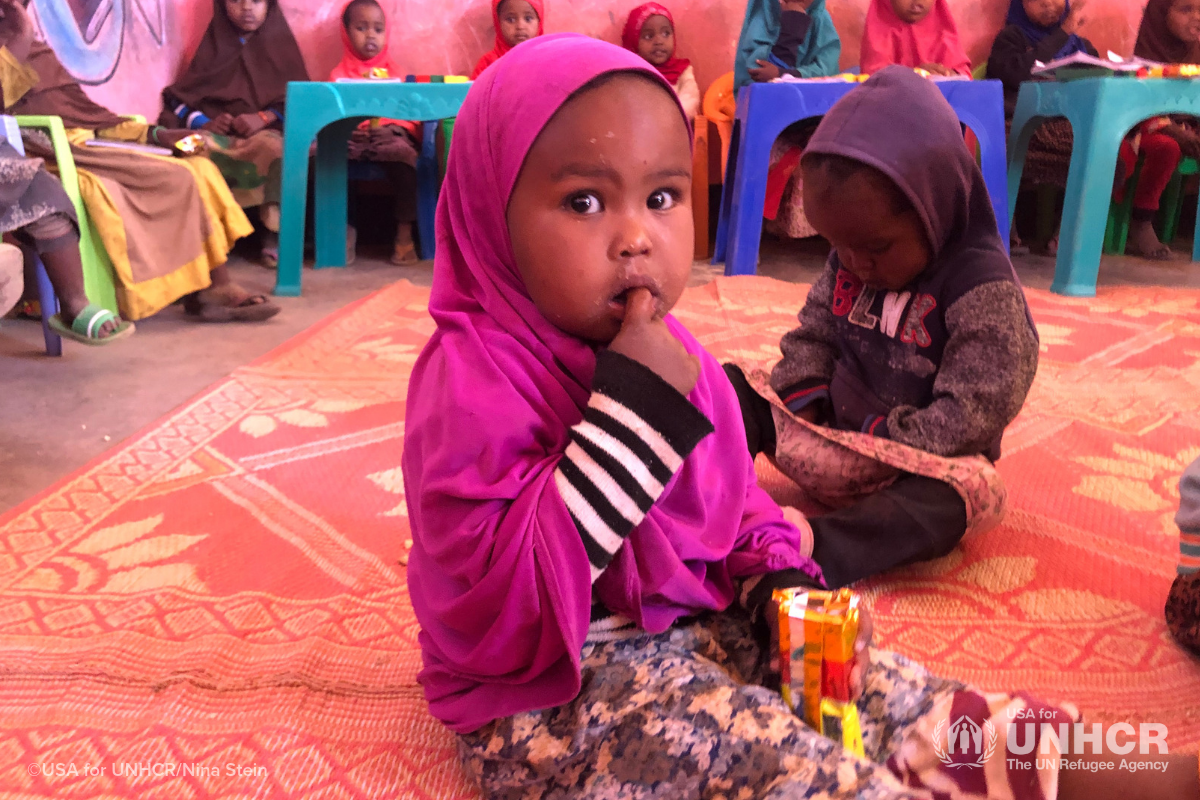
Water is one of the most basic resources we, as human beings, need, yet thousands of people are forced to survive without it each day. Without water we cannot maintain our basic hygiene, stay healthy, stay in school or go to work. We cannot cook, drink, feed our pets or wash our clothes. We cannot live.
Coming away from this trip, I am proud to work for an organization like USA for UNHCR that not only looks at the bigger picture issues facing displaced people, like education and job opportunities, but also works to address people’s basic needs, like access to water. Every day UNHCR, the UN Refugee Agency, is on the ground, not only listening to the needs of refugees, but addressing them at every level.
Here’s how you can help…
Join us in providing refugees with the resources they need to survive and thrive by becoming a monthly donor to USA for UNHCR. Every dollar helps UNHCR get a drop closer to meeting the needs of all displaced people.

